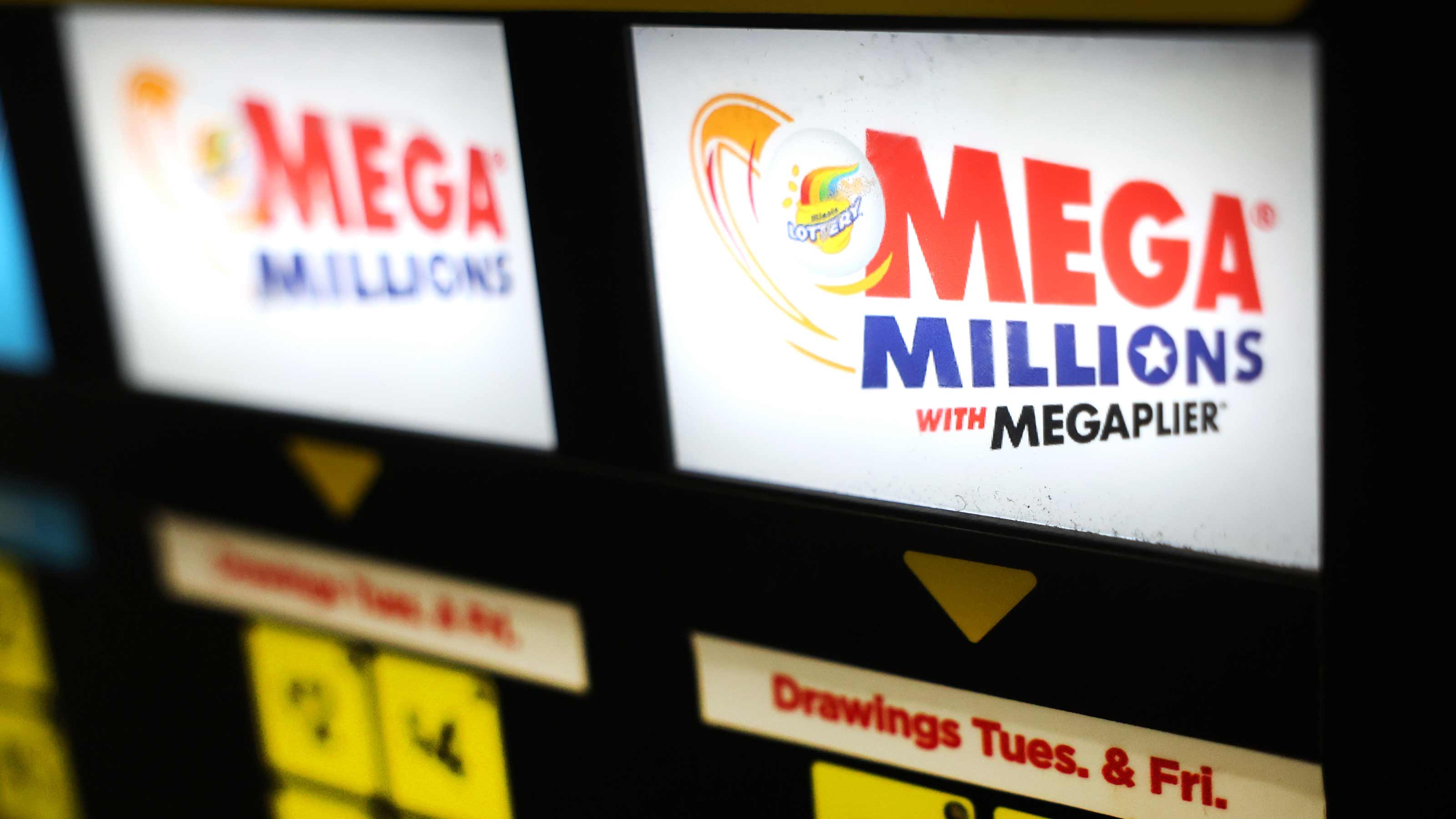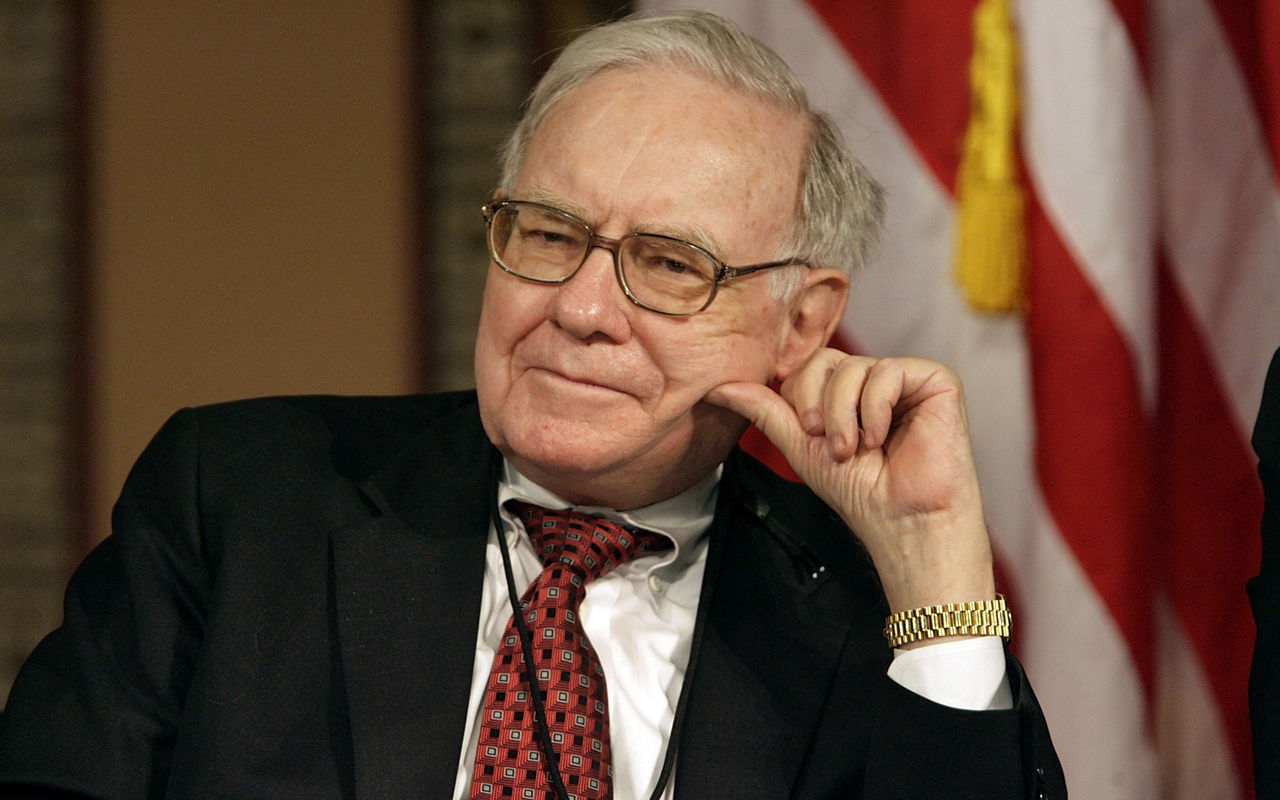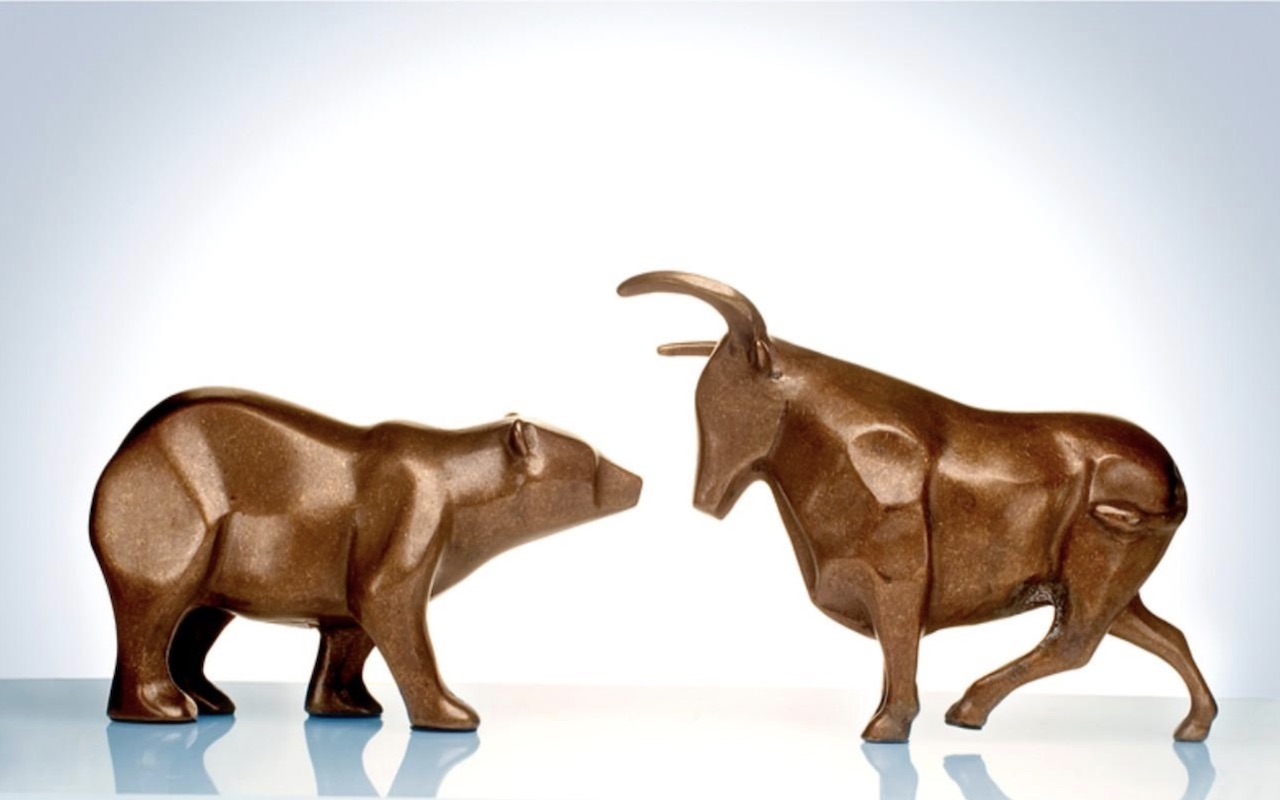Big Stocks May Not Deserve Their Share Prices
When top dogs fall to being underdogs, watch out that you're not along for the ride.

Profit and prosper with the best of Kiplinger's advice on investing, taxes, retirement, personal finance and much more. Delivered daily. Enter your email in the box and click Sign Me Up.
You are now subscribed
Your newsletter sign-up was successful
Want to add more newsletters?

Delivered daily
Kiplinger Today
Profit and prosper with the best of Kiplinger's advice on investing, taxes, retirement, personal finance and much more delivered daily. Smart money moves start here.

Sent five days a week
Kiplinger A Step Ahead
Get practical help to make better financial decisions in your everyday life, from spending to savings on top deals.

Delivered daily
Kiplinger Closing Bell
Get today's biggest financial and investing headlines delivered to your inbox every day the U.S. stock market is open.

Sent twice a week
Kiplinger Adviser Intel
Financial pros across the country share best practices and fresh tactics to preserve and grow your wealth.

Delivered weekly
Kiplinger Tax Tips
Trim your federal and state tax bills with practical tax-planning and tax-cutting strategies.

Sent twice a week
Kiplinger Retirement Tips
Your twice-a-week guide to planning and enjoying a financially secure and richly rewarding retirement

Sent bimonthly.
Kiplinger Adviser Angle
Insights for advisers, wealth managers and other financial professionals.

Sent twice a week
Kiplinger Investing Weekly
Your twice-a-week roundup of promising stocks, funds, companies and industries you should consider, ones you should avoid, and why.

Sent weekly for six weeks
Kiplinger Invest for Retirement
Your step-by-step six-part series on how to invest for retirement, from devising a successful strategy to exactly which investments to choose.
What do Major League Baseball teams, today’s red-hot real estate market and the world’s biggest stocks have in common? They can all fall victim to the winner’s curse, an economic anomaly that occurs when the winning bid for an item exceeds its intrinsic value. According to the winner’s curse, bidders who overestimate an item’s value the most wind up winning the auction. Subsequently, they either lose money on the deal or don’t make as much as they expect.
The concept dates back to the oil boom of the 1970s. Engineers realized that, given the difficulty of estimating the amount of oil that might be recovered from a parcel, the company with the highest estimates wound up paying the most for drilling rights. That often resulted in disappointing profits. If everyone had complete information and all bidders were rational, then no one would suffer from the winner’s curse.
If you don’t buy this theory, try an experiment: Auction off your coin jar after counting the money in it. The average bid will be less than the value of the cash (because people are naturally risk-averse), but the winning bid will invariably be higher.
From just $107.88 $24.99 for Kiplinger Personal Finance
Become a smarter, better informed investor. Subscribe from just $107.88 $24.99, plus get up to 4 Special Issues

Sign up for Kiplinger’s Free Newsletters
Profit and prosper with the best of expert advice on investing, taxes, retirement, personal finance and more - straight to your e-mail.
Profit and prosper with the best of expert advice - straight to your e-mail.
Real-life lessons. Economist Richard Thaler, of the University of Chicago, wrote about the phenomenon in The Winner’s Curse: Paradoxes and Anomalies of Economic Life. It seems especially relevant today, as home buyers in hot markets are enticed into bidding wars. Even if you plan to stay put for a long time, the winner’s curse could jeopardize your financing (if you can’t substantiate the home’s value with comparable sales) or limit your options in the future.
In the stock market, the winner’s curse most often comes up in the context of corporate takeovers or initial public offerings. But Rob Arnott, CEO of investment firm Research Affiliates, thinks he sees the winner’s curse at work in a big way in the market’s biggest stocks. The largest stocks by market capitalization (price times shares outstanding) — or “top dogs,” as Arnott calls them in a study he coauthored — “are usually priced to reflect a view that they will remain on top, but they often don’t.”
Top dog to underdog. Arnott has studied top dogs going back 60 years. He found that once a stock becomes the largest in its industry, it goes on to lag its peers over the next one-, five- and ten-year periods, roughly by an average of four percentage points per year in each of the time frames. The lone exception: ExxonMobil (and its predecessor companies), which Arnott found outscored its peers over rolling ten-year periods by an average of 0.3 point per year.
Overall winners can turn into even bigger losers. The biggest stock in the U.S. market has trailed an index of 1,000 large stocks by an average of 5.4 points a year over subsequent ten-year periods. (We’ve had eight top dogs in the past 61 years, including AT&T and Microsoft; Apple became the biggest U.S. stock ever in August 2012, and has since tumbled more than 30%. This year, it has jockeyed for the top spot with Exxon.)
The biggest foreign stocks suffer the same fate. Arnott’s takeaway: Avoid top dogs. A portfolio of 488 stocks (the S&P 500 minus 12 industry top dogs) would have beaten the S&P by one percentage point a year over the course of the study.
Fans might find the winner’s curse playing out with Major League Baseball’s free agents — those veteran players who on occasion are up for grabs to the highest-paying team. “There’s a tendency to think a player has reached a new plateau of performance because he was good last year, and that produces the winner’s curse,” says Stephen Walters, an economics professor at Loyola University (Maryland) who has studied the curse in baseball and advises the Baltimore Orioles. Something to ponder as we watch the All-Star game, tour open houses or trade glamour stocks.
Anne Kates Smith is a senior editor of Kiplinger’s Personal Finance magazine.
Profit and prosper with the best of Kiplinger's advice on investing, taxes, retirement, personal finance and much more. Delivered daily. Enter your email in the box and click Sign Me Up.

Anne Kates Smith brings Wall Street to Main Street, with decades of experience covering investments and personal finance for real people trying to navigate fast-changing markets, preserve financial security or plan for the future. She oversees the magazine's investing coverage, authors Kiplinger’s biannual stock-market outlooks and writes the "Your Mind and Your Money" column, a take on behavioral finance and how investors can get out of their own way. Smith began her journalism career as a writer and columnist for USA Today. Prior to joining Kiplinger, she was a senior editor at U.S. News & World Report and a contributing columnist for TheStreet. Smith is a graduate of St. John's College in Annapolis, Md., the third-oldest college in America.
-
 How Much It Costs to Host a Super Bowl Party in 2026
How Much It Costs to Host a Super Bowl Party in 2026Hosting a Super Bowl party in 2026 could cost you. Here's a breakdown of food, drink and entertainment costs — plus ways to save.
-
 3 Reasons to Use a 5-Year CD As You Approach Retirement
3 Reasons to Use a 5-Year CD As You Approach RetirementA five-year CD can help you reach other milestones as you approach retirement.
-
 Your Adult Kids Are Doing Fine. Is It Time To Spend Some of Their Inheritance?
Your Adult Kids Are Doing Fine. Is It Time To Spend Some of Their Inheritance?If your kids are successful, do they need an inheritance? Ask yourself these four questions before passing down another dollar.
-
 How I'm Going to Invest My Mega Millions Lottery Jackpot
How I'm Going to Invest My Mega Millions Lottery JackpotThe odds of winning the Mega Millions lottery are effectively zero, but here's how I'm investing my fortune should I hit the jackpot.
-
 Four Random Facts and Thoughts About Warren Buffett
Four Random Facts and Thoughts About Warren BuffettIf I love Warren Buffett so much why don't I just marry him?
-
 Investing in Gold Is Dumb
Investing in Gold Is DumbStocks are better than gold for both generating wealth and offering protection against inflation.
-
 What's So Scary About a Mega-Cap Tech Bull Market?
What's So Scary About a Mega-Cap Tech Bull Market?Bears say the market can't keep rallying when only five mega-cap tech stocks are driving returns, but history suggests otherwise.
-
 We Are Not in a Bull Market
We Are Not in a Bull MarketIt takes more than a 20% gain off the low to proclaim the beginning of a new bull market.
-
 Why I Don't Buy Stocks
Why I Don't Buy StocksIt's nearly impossible to beat the market – but it is cheap and easy to match it.
-
 Amy Domini on the Secrets of Sustainable Investing
Amy Domini on the Secrets of Sustainable InvestingESG An ESG pioneer says finding good corporate citizens is the best way to make money.
-
 New Ways to Invest in Bitcoin
New Ways to Invest in BitcoinBecoming an Investor ProShares Bitcoin Strategy and other ETFs offer an easier way to gain bitcoin exposure than buying the actual cryptocurrency.